Familiarize Yourself With Liquor Store Compliance Requirements

The following quick reference guides provide an overview of the ABC compliance requirements for each type and class of establishment.
For a better understanding of the different license classes, follow the link to ABRA's License Class Quick-Reference Table.
Liquor store (class A establishments)*
Grocery store (class B establishments)*
Restaurant, class C*
Restaurant, class D*
Tavern, class C*
Tavern, class D*
Hotel, class C*
Hotel, class D*
Nightclub, class C*
Nightclub, class D*
Multipurpose facility, class C*
Multipurpose facility, class D*
Grocery store (class B establishments)*
Restaurant, class C*
Restaurant, class D*
Tavern, class C*
Tavern, class D*
Hotel, class C*
Hotel, class D*
Nightclub, class C*
Nightclub, class D*
Multipurpose facility, class C*
Multipurpose facility, class D*
Suspensions and Revocations
The ABRA Board has three primary methods of discovering problems with current licensees:
Regulatory and/or voluntary agreement inspections
Complaints from citizens
Referrals from law enforcement agencies
Problems leading to suspension or revocation of a license can include:
Selling alcoholic beverages to intoxicated or underage persons
Criminal activity
Violence
Failure to maintain food sale requirements
Selling during prohibited hours
The ABRA Board has three primary methods of discovering problems with current licensees:
Regulatory and/or voluntary agreement inspections
Complaints from citizens
Referrals from law enforcement agencies
Problems leading to suspension or revocation of a license can include:
Selling alcoholic beverages to intoxicated or underage persons
Criminal activity
Violence
Failure to maintain food sale requirements
Selling during prohibited hours
ABRA investigators work with other regulatory agencies and law enforcement authorities to address concerns. If an ABRA investigator finds a violation, the case will be forwarded to the ABRA Board for action and a hearing may be conducted.
